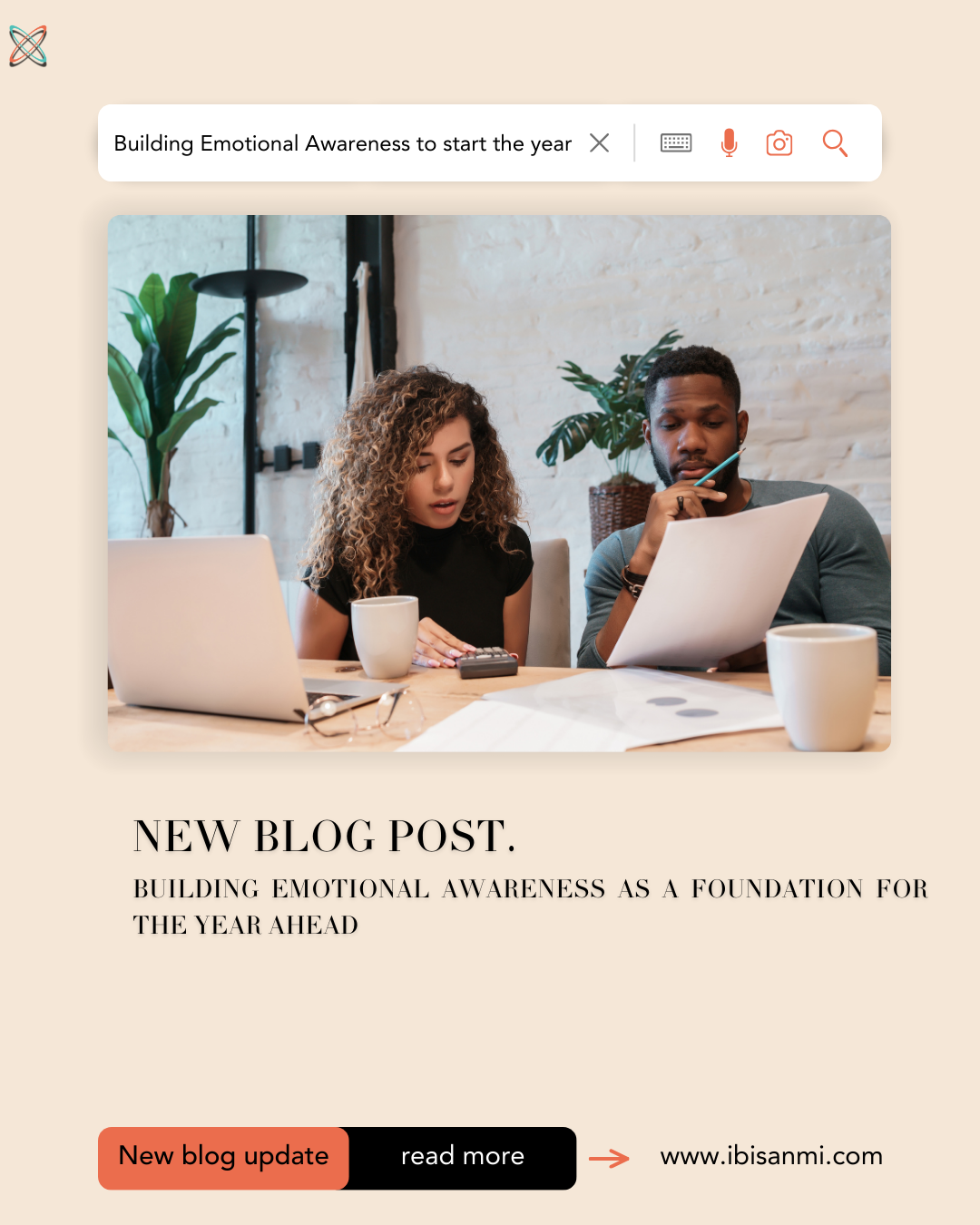How to Embrace our Communities with Pride All Year Long
By Yolande Clark-Jackson
Living and loving in solidarity with our LGBTQIA+ community requires resisting attacks on legislation that would remove their civil rights. Currently, a bill in Iowa would remove gender identity protections from the state’s civil rights code, representing just one of many legislative threats facing LGBTQIA+ individuals across the nation.
A persistent question we need answers for: How can we proudly embrace the full spectrum of human identity and experience?
Pride is about naming and embracing
We embrace the image of the rainbow that affirms the beauty of having the freedom to live in your personal truth loudly and authentically. But we also know true support comes from a commitment to checking in, standing up and speaking out to ensure these communities are safe and supported—not just during Pride Month, but year-round.
True solidarity with the LGBTQIA+ community extends far beyond rainbow flags and Pride Month celebrations. It requires ongoing commitment to advocacy, education, and the creation of genuinely inclusive spaces where all individuals can thrive authentically.
The Mental Health Impact of Discrimination and Fear
Another question that is becoming increasingly urgent as we witness ongoing attacks on LGBTQIA+ rights and dignity:
How do we support those who are holding the stress and mental exhaustion of wanting to be free but feeling fear in their own communities?
If we believe the freedom to decide who we are and who we choose to love is a fundamental human right, then we have to work together to provide strong support to those living outside the binary structure who have been made to feel ashamed or broken by societal rejection. There is a consistent need for communal care.
Because LGBTQIA+ adults and teens have suffered ostracization from not only society, but also their families and communities, access to therapeutic support, healing frameworks, and resources is extremely important.
The statistics paint a concerning picture: LGBTQIA+ youth are four times more likely to attempt suicide than their peers, and transgender individuals face disproportionately high rates of mental health challenges due to discrimination and minority stress.
When feeling rejected and persecuted, it is challenging to maintain mental, emotional, and relational health, especially when you don’t feel safe in your own community or family. This reality makes it crucial to emphasize both individual self-care and collective support systems that nurture mental, emotional, and relational well-being.
What You Can Do for Yourself or Your LGBTQIA+ Loved Ones in June and Beyond
Individual Self-Care Strategies:
• Practice daily affirmations that validate your identity and worth
• Establish boundaries with people or environments that feel unsafe or unsupportive
• Engage in activities that bring joy and authentic self-expression
• Connect with LGBTQIA+-affirming mental health resources and support groups
• Prioritize physical health through movement, nutrition, and adequate rest
• Create or maintain a chosen family network of supportive relationships
• Document positive moments and milestones in your journey of self-acceptance
Advocacy and Allyship Actions:
• Stay informed about local and national legislation affecting LGBTQIA+ rights
• Contact elected representatives to oppose discriminatory bills and support protective legislation
• Support LGBTQIA+-owned businesses and organizations
• Use inclusive language and correct pronouns in all interactions
• Amplify LGBTQIA+ voices rather than speaking over them
• Educate yourself about the diverse experiences within the LGBTQIA+ community
• Challenge discriminatory comments or behaviors when you encounter them
Finding Affirming Mental Health Support
Finding a therapist who affirms your identity can be challenging, particularly when you need a truly “safe space”—though we acknowledge this can feel like a false notion for marginalized communities who have experienced repeated harm in supposedly safe environments.
Authentic therapeutic support for LGBTQIA+ individuals requires more than tolerance; it demands active affirmation, cultural competence, and an understanding of the unique challenges faced by sexual and gender minorities.
We can provide a collaborative and affirming space as well as counseling services, to explore issues related to sexual orientation, gender identity, coming out, and navigating relationships and social challenges.
Our approach recognizes that LGBTQIA+ mental health is not just about addressing individual symptoms, but about healing from the impact of minority stress, internalized oppression, and societal rejection while building resilience and authentic self-acceptance. Book a free 15-minute consultation here.
By combining individual healing with collective action, we can work toward a future where every person has the freedom to live and love without fear.
Share or comment here with other ways you think we can continue to embrace LGBTQIA+ communities during pride month and beyond. And, be sure to follow us on IG at @ibisanmi.relational for mental health check ins, tips, and inspirational posts.





